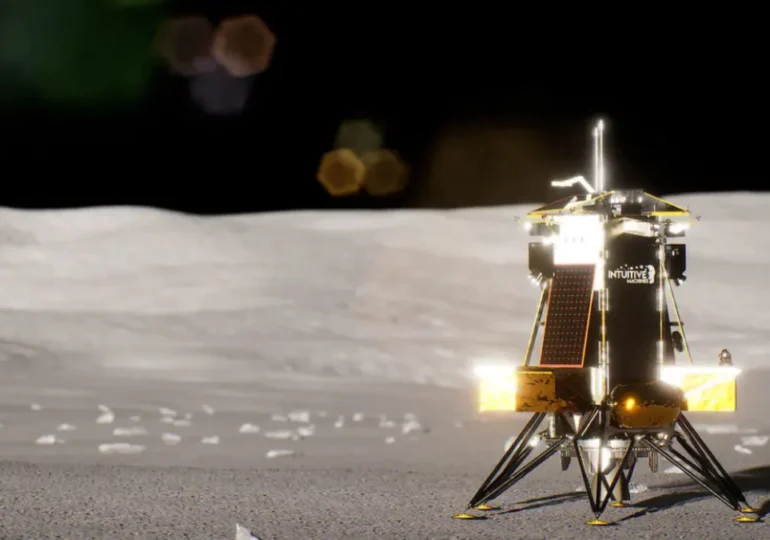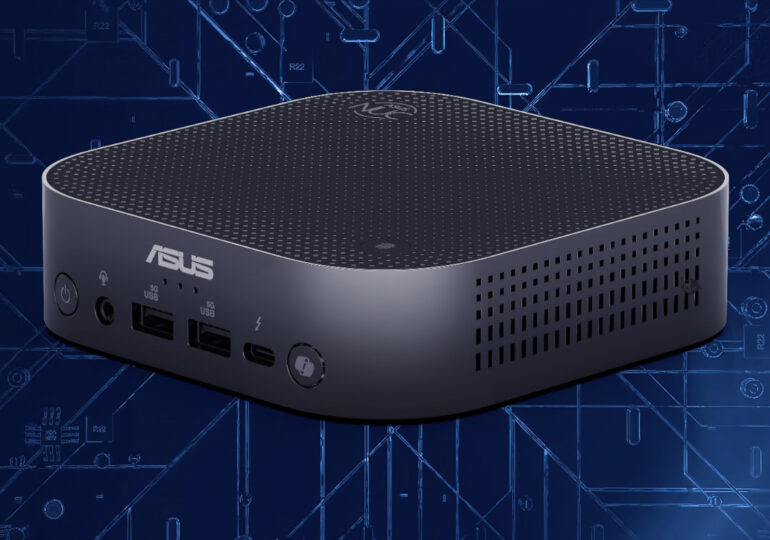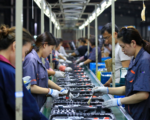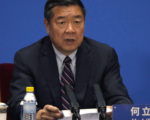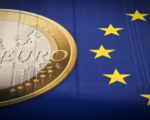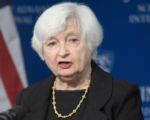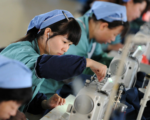China’s Stimulus May Aid New CEOs at Nike and Starbucks in Global Turnarounds
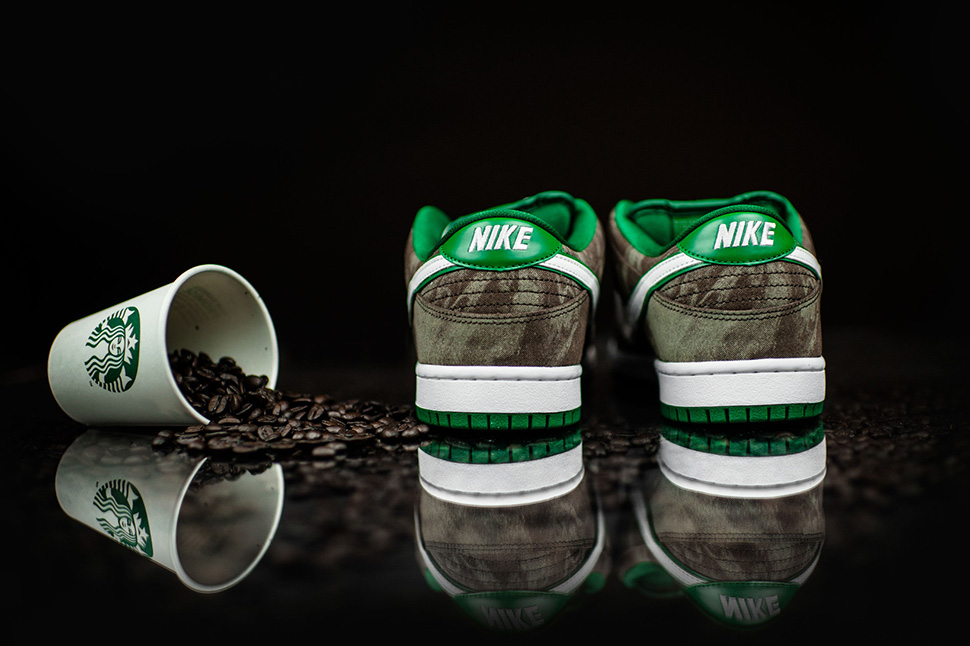
As China’s economic stimulus programs aim to revive consumer spending and growth, they could offer a welcome boost to two recently appointed CEOs in the U.S. who are navigating their own company transformations: Brian Niccol at Starbucks and Elliott Hill at Nike. Both brands have significant exposure to the Chinese market, a key region that has impacted their predecessors’ performance.
According to Bank of America, Nike derives 14.7% of its sales from China, while Starbucks sees 8.6% of its revenue from the region. A recovery in Chinese consumer spending could thus significantly benefit both companies. However, the challenge remains for the new CEOs to capitalize on this opportunity with strong execution in a market where local competition and geopolitical factors have been growing.
China’s Stimulus: A Potential Lifeline?
China’s economic stimulus plans are a critical factor in boosting demand, particularly in the real estate and consumer sectors. Analysts, including UBS’s Hartmut Issel, note that the Chinese government’s efforts are focused on stabilizing the property market and revitalizing consumption. A successful stimulus rollout could spur broader economic growth, benefiting global companies like Nike and Starbucks that depend on Chinese consumer spending.
While Starbucks and Nike are poised to gain from a potential Chinese economic rebound, Bank of America analyst Chen Luo warns that global brands may not enjoy outsized benefits. Chinese consumers are increasingly favoring products based on emotional and functional value, with domestic brands gaining ground. This rise in local competition, alongside growing skepticism toward foreign brands, may dilute the impact of a stimulus on international companies.
The Role of New Leadership
Both Nike and Starbucks have placed China as a strategic priority for growth under their new leadership teams. At Starbucks, Brian Niccol has already initiated changes, including reshuffling the company’s Chinese leadership. Speculation has risen around further restructuring, such as joint ventures with Chinese companies to enhance market presence. However, for Starbucks to regain momentum in China, it will need to address competition from local coffee brands and adjust to evolving consumer preferences.
Similarly, at Nike, Elliott Hill is taking charge as the company maintains a focus on China as a long-term growth opportunity. Despite Matthew Friend, Nike’s CFO, tempering expectations for short-term growth in China, he remains optimistic about the country’s increasing participation in sports, which could boost demand for Nike products.
However, new leadership alone may not be enough to spur significant change. Eric Clark, co-portfolio manager of the Rational Dynamic Brands Fund, noted that Nike’s CEO shift may improve morale but does not guarantee a return to high growth. For Clark, Nike’s future performance hinges on a “reinvigoration of innovation,” particularly in a market as competitive as China.
Skepticism Amid Investor Caution
While stimulus efforts and leadership changes could provide a lift to Nike and Starbucks, many investors are taking a cautious stance. Ellen Hazen, chief market strategist at F.L. Putnam, emphasized that while China’s stimulus is a positive development, its benefits for U.S. brands like Starbucks and Nike remain uncertain.
The skepticism also extends to the broader Chinese economy. The stimulus so far has concentrated on the real estate sector, and there are concerns about whether it will sufficiently boost consumer confidence and spending. The ongoing internal policy shifts and external geopolitical pressures add to the uncertainty surrounding the long-term effects of China’s economic recovery.
Bank of America’s Luo stressed the importance of decisive policy measures to rebuild consumer trust, particularly in the wake of property market turmoil. Without significant and sustained policy action, the benefits of China’s stimulus could fall short of expectations, limiting its impact on global companies with exposure to the region.
The Path Ahead for Nike and Starbucks
Both Nike and Starbucks have underperformed the market this year, as they face divided opinions from Wall Street analysts. While there is optimism around the leadership changes and potential benefits from China’s economic stimulus, the path to recovery remains uncertain.
For investors, patience is key as they await signs of improvement in both companies’ strategies and China’s economy. In the meantime, the new CEOs must focus on strengthening their brands, addressing competitive challenges, and executing well in the evolving Chinese market.


